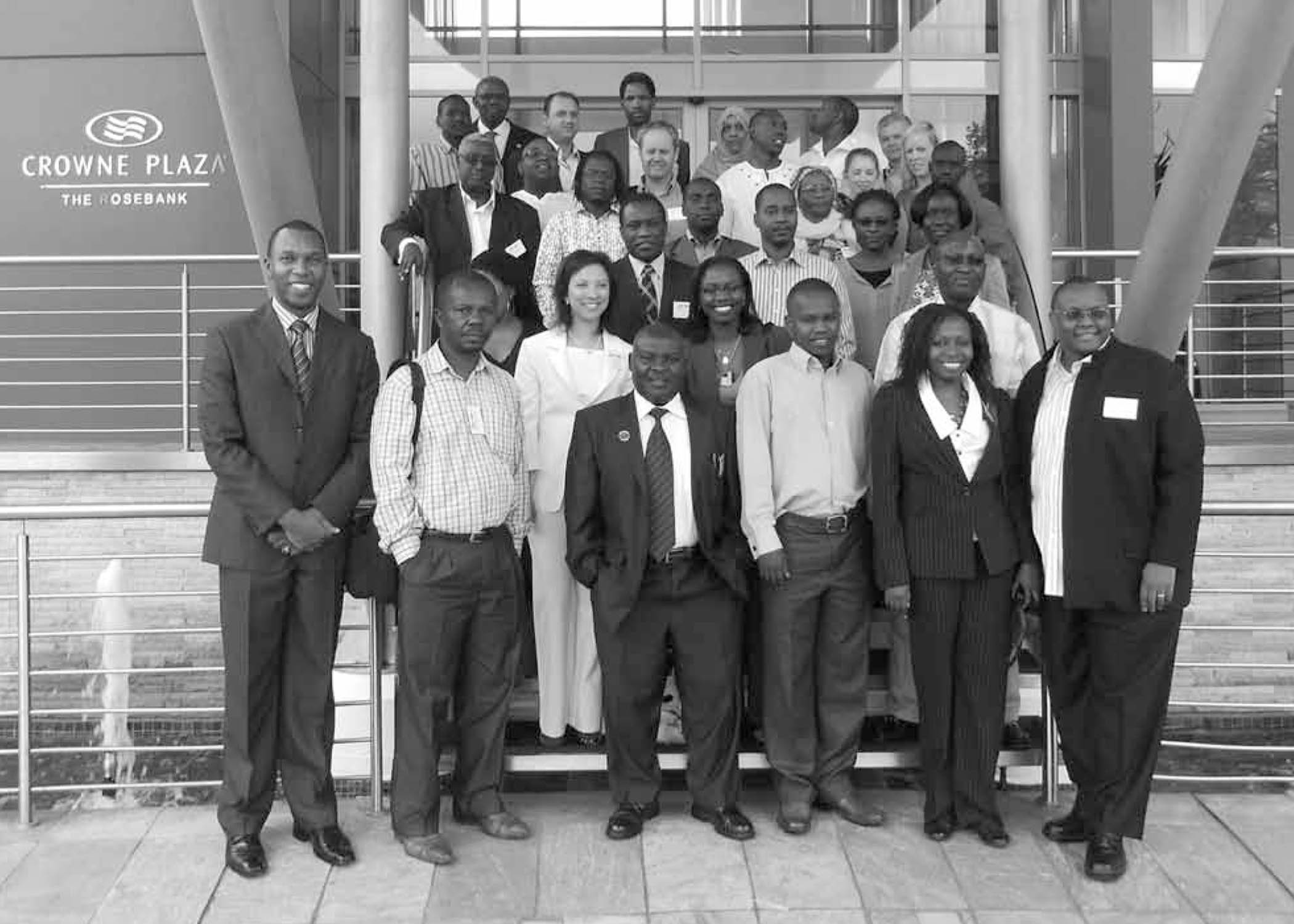“Village bank provides relief to massacre victims in Lukodi,” Uganda Radio Network, 30 May 2011
http://ugandaradionetwork.com/a/story.php?s=34053
By Joe Wacha
Survivors of the 2004 massacre in Lukodi Internally Displaced People’s Camp in Gulu have started an initiative to empower members economically. The survivors have started an association to provide soft loans, save and extend other financial services to members.
The 40 members say that besides the provision of the credit transactions, the local initiative is helping them to heal from the trauma associated with the incident that saw many people lose their lives, maimed and abducted by the LRA rebels.
Patrick Opira, the chairman of Lukodi Canogura Group explains that members of the group meet at his home on Wednesday every week to deposit their cash savings.
He explained that during the meetings, the members review the previous transactions before proceeding to make fresh deposits and balance the books of accounts. He said each member saves between 1,000 to 2,500 shillings weekly depending on how much they can afford.
Opira adds that they have so far managed to save 987,000 shillings since the new cycle begun in March. He said last year the group saved 700,000 shillings allowing the members to receive between 50,000 to 110,000 shillings for the members with the least and highest savings respectively.
The chairman says that the group also lends small amount of money to the members at an interest of ten percent meaning that a member who borrows 5,000 shillings pays 5,500 while the one who borrows 10,000 has to pay back 11,000 shillings.
Doreen Abalo, one of the group members says that they have been able to meet some of the basic needs through the initiative adding that they are yet unable to afford forming a Savings and Credit Cooperative organization to benefit from government-advanced loans.
To form a SACCO, groups are required to provide registration certificate, by-laws, lending policy, budget estimate and business plan among others conditions.
However, the credit facilities are not all there is to the group. Many of the members of the Lukodi Canogura Group say that the weekly meeting provides them with an opportunity to share experiences and forge forward with life.
Doreen Abalo explains that she looks forward to the weekly meetings because it provides her with an opportunity to meet with her fellow survivors and learn how each one is coping. She explains that during the meetings, the interactions help her to forget all about the sad memories of the massacre that have remained a part of her life over the past seven years.
To Abalo and other members of the community, the local initiative is a near solution to the absence of meaningful government intervention in form of counseling, income generation activities, durable support to the war victims and a comprehensive transitional justice provision.
A report last month by the Justice and Reconciliation Project emphasized the need for government support to local level community based initiative targeting reconciliation and healing.
It added that for healing to be successful among the war affected communities, the support measures targeting the healing and reconciliation processes have to be based within the communities itself and not imposed from the outside.
Until such an intervention is implemented, many communities in the areas ravaged by the two-decade LRA war will continue to yearn in vain for meaningful healing from the war.


